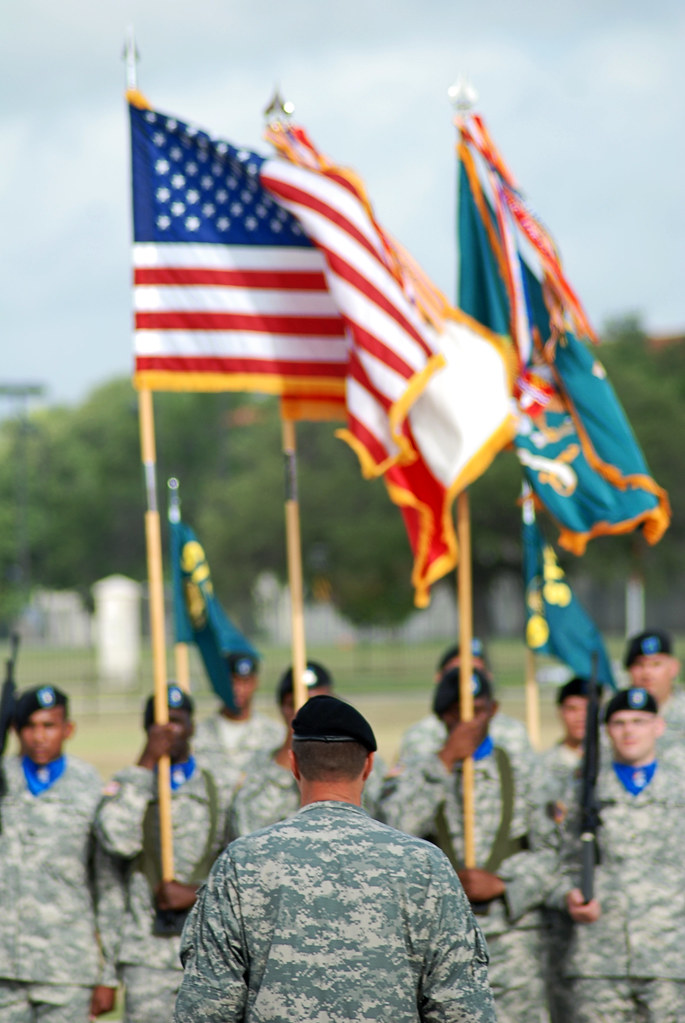Greetings from the University of New Hampshire! It's Veterans Day. I kind of want to say, "Happy Veterans Day", but that somehow just doesn't seem quite right. As a veteran, I also find myself a little sheepish when people thank me for my service. While I appreciate the sentiment, it's always a bit awkward. I think a lot of us feel the same way. Serving is a big sacrifice in many ways - and that sacrifice is born not just by the service member, but by the service member's family as well (just ask my wife and kids). But it's also a privilege, and it gives you entry into a unique and special culture that people who have never served will never understand. So I guess at the end of the day, I feel like the scales are pretty well balanced. I gave a lot, and I got a lot. I didn't join to get rich, and I was successful in that. But I did leave with a wealth of experiences and friendships that I never could have had without putting on the uniform. I think the best way to really thank a veteran is to be interested in preserving our collective freedoms to be individuals, however that may express itself in your life.
And now for some completely unrelated links!
(picture above is of my buddy Colonel (ret) C.W. taking battalion command back in 2010)
Read
What: NYT, How to Be a C.E.O., From a Decade’s Worth of Them
https://nyti.ms/2iE94xw
Why: Adam Bryant interviewed 525 CEOs for his NYT column, Corner Office. This is a summary of things he learned about leadership. Some surprises. This project is similar to my own Health Leader Forge podcast, so it was fun to compare. (HT to my colleague LS for sharing)
Watch
What: TED, Architecture that's Built to Heal, Michael Murphy
https://www.ted.com/talks/michael_murphy_architecture_that_s_built_to_heal
Why: I don't know much about architecture, so it's always interesting to listen to someone who can talk about it with so much passion. We actually had a guest speaker in class last week who is the VP of Facilities for one of the local hospitals and he talked about all the subtle ways that the environment of care can influence health outcomes. This TED Talk starts by talking about healthcare facilities, but eventually transitions to spiritual and social healing. Worth a listen. (HT to my student Megan, who writes an excellent blog, BTW)
Listen
What: Econtalk, Christy Ford Chapin on the Evolution of the American Health Care System
http://www.econtalk.org/archives/2017/06/christy_ford_ch.html
Why: Great discussion about the history of medicine and medical insurance, and the influence of the American Medical Association (AMA) in getting us to where we are today.
To subscribe, go here: https://tinyletter.com/markbonica

No comments:
Post a Comment